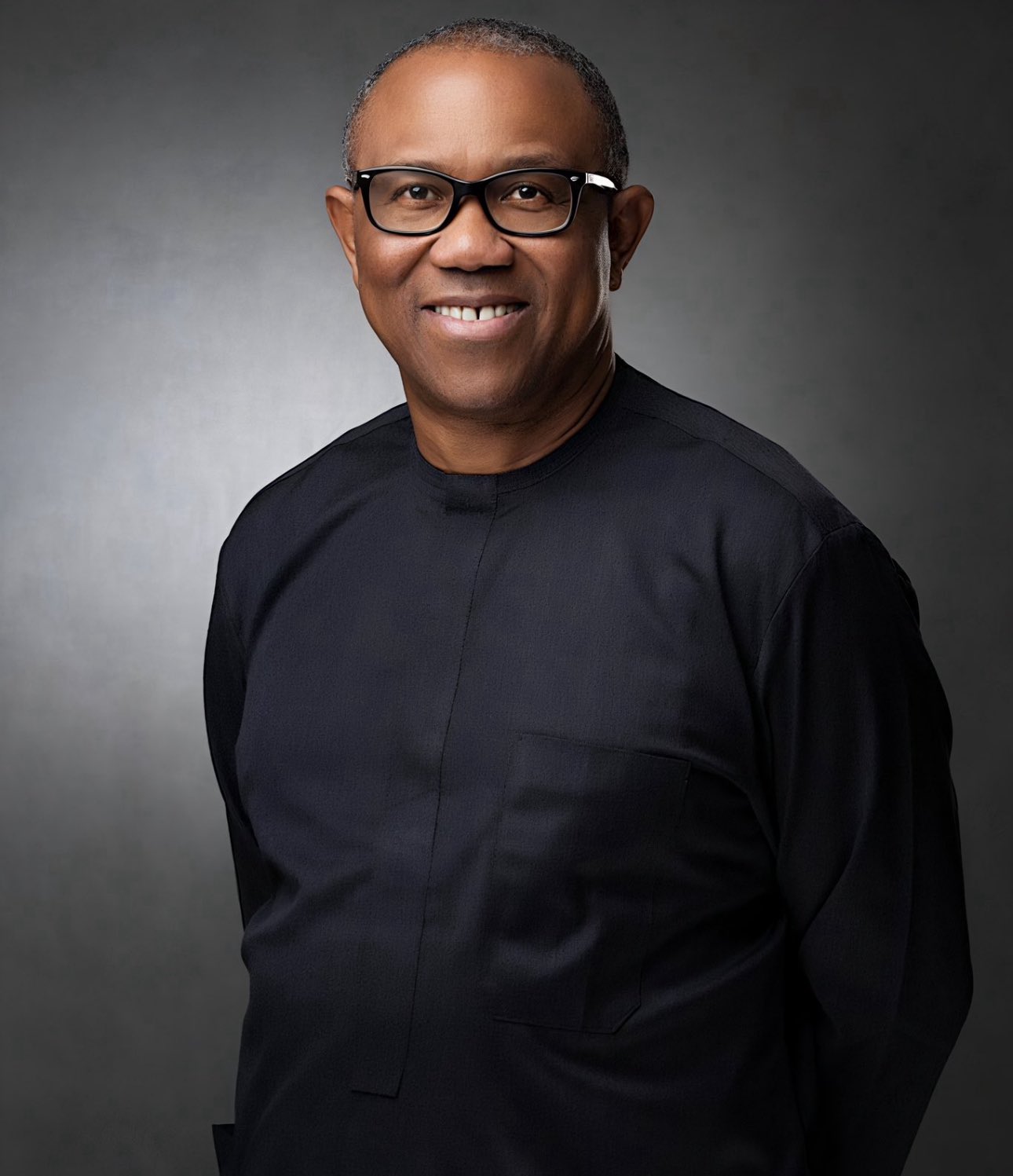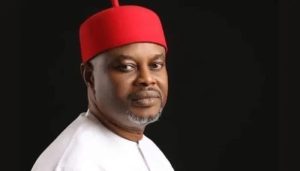Lagos, Nigeria – 6 August 2025 – Former presidential candidate Peter Obi has lambasted the Federal Government of Nigeria for approving a ₦712.3 billion budget to renovate Lagos’s Murtala Muhammed International Airport, labelling it a profound misalignment of national priorities at a time when millions of Nigerians are grappling with severe hunger.
In a strongly worded post on X (formerly Twitter), Obi highlighted the stark contrast between the government’s expenditure on infrastructure and the dire humanitarian needs of the populace. Quoting Nobel Laureate in Economics James A. Robinson, Obi wrote: “Nations Like Nigeria, Know What To Do To Prosper, But Just Can’t Do It.” He referenced a United Nations warning from July 2025 that 34 million Nigerians are at risk of acute hunger, a figure echoed in national media on 1 August – the same day the airport renovation budget was announced.
“This is not just an abstract statistic,” Obi stated. “It speaks of real people – our parents, children, neighbours, and friends – who are going to bed hungry and waking up without hope of a meal.” He argued that while Nigeria ranks among the world’s hungriest nations, classified under “serious hunger” by global indices, the government’s decision to allocate such a vast sum to a single airport project is “profoundly troubling.”
The renovation project, approved by the Federal Executive Council, targets the full rehabilitation, upgrade, and modernisation of Terminal One at the Murtala Muhammed International Airport (MMIA) in Lagos. Aviation Minister Festus Keyamo has defended the initiative, equivalent to approximately $447 million, as essential for addressing decaying infrastructure and enhancing Nigeria’s global image to attract foreign investment. Keyamo claimed the investment could be recovered within three years through increased revenue and compared it to larger expenditures by other African nations, such as Ethiopia’s $7.8 billion airport refurbishment.
However, Obi questioned the necessity of the expenditure, pointing to a 2013 initiative where Nigeria secured a $500 million loan from the China Exim Bank, supplemented by counterpart funding, to upgrade five international airports: Lagos, Abuja, Kano, Port Harcourt, and Enugu. “If that massive investment was made barely a decade ago, what justifies an even larger sum today for just one airport – especially at a time when Nigerians are starving, internally displaced, and desperate?” he asked.
Obi’s criticism has resonated widely, sparking debate on social media and among opposition parties. The Labour Party (LP), of which Obi is a prominent figure, described the budget as a “clear sign of government’s wickedness to the people,” calling it insensitive and outrageous amid economic hardships. The African Democratic Congress (ADC) echoed these sentiments, labelling the project a “misplaced priority” and demanding its immediate suspension, along with an independent audit.
Supporters of Obi on X have amplified his message, with users emphasising that a leader like him would prioritise agriculture, health, and education over such infrastructure spends. One post stated: “A President Peter Obi will not channel 712,000,000,000 Naira into the renovation of airport when over 60% of Nigerians is living in multidimensional poverty.” Another criticised the government’s approach: “Peter Obi will never approve 712B Billion Naira to Renovate an Airport Never, instead He will Build a New and better one with a Less Budget.”
Keyamo, in response to the backlash, clarified that the project is a comprehensive rebuild rather than a mere renovation, and dismissed criticisms as misunderstandings. He argued that modernising the airport would generate economic benefits, including job creation and improved trade.
The controversy underscores broader concerns about Nigeria’s fiscal priorities under President Bola Tinubu’s administration. With inflation soaring and food insecurity projected to affect over 33 million during the 2025 lean season, critics argue that resources should focus on human development. Obi concluded his post by urging a rethink: “We must prioritise and concentrate our resources in critical areas of development: security of lives and property, health, education and pulling our people out of poverty.”
As protests over economic hardship continue across the country, this debate highlights the tension between infrastructure ambitions and immediate social welfare needs. The government has yet to announce specific measures addressing the hunger crisis in light of these criticisms.






